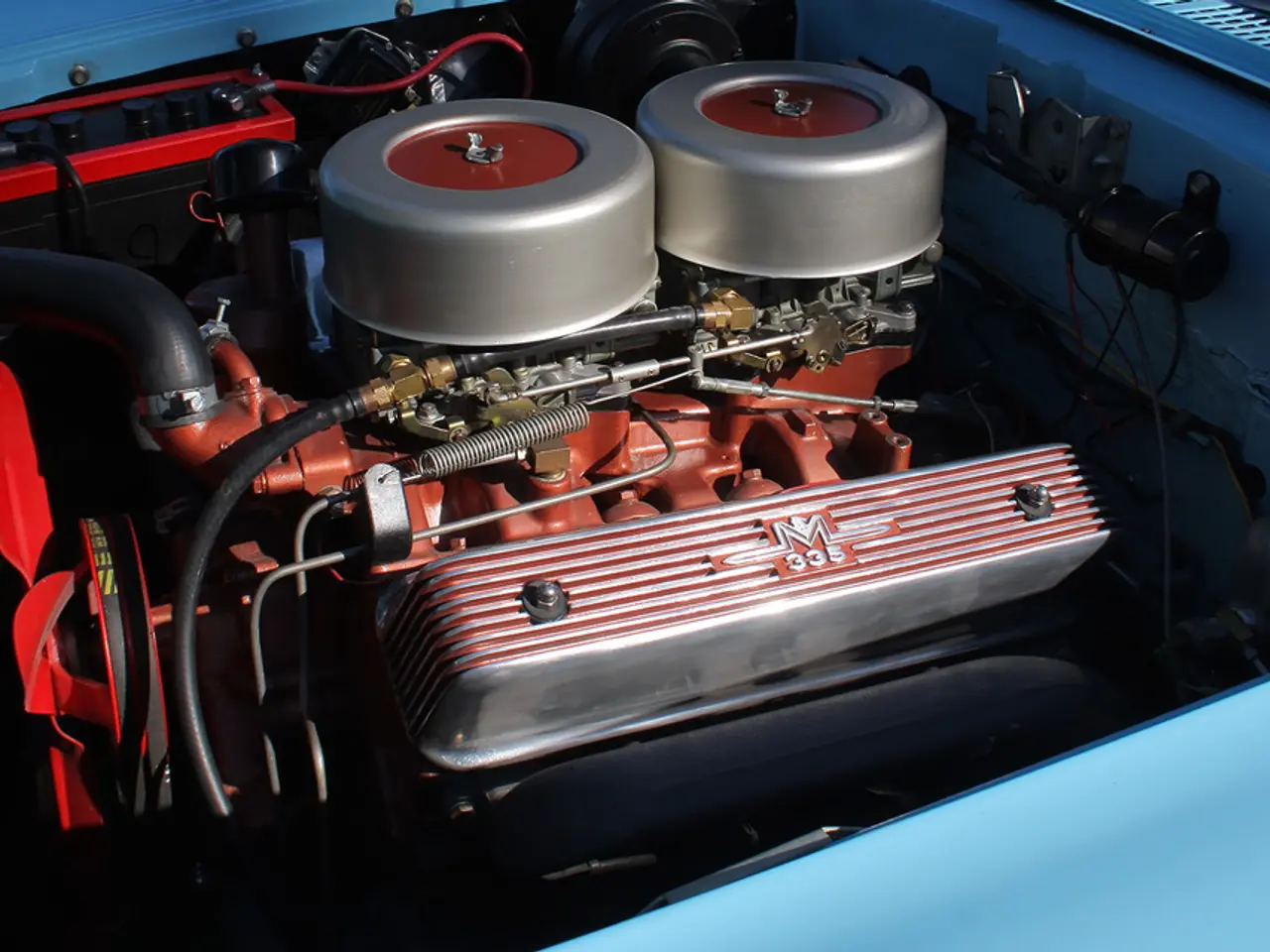Applications and Developments of Mechanical Systems: Significant Uses and Emerging Trends
Mechanical systems, a cornerstone of modern technology, are ubiquitous in various industries, driving efficiency, precision, and automation. From healthcare to construction, these versatile systems are revolutionizing operational capabilities and fostering innovation.
Manufacturing and Industrial Automation
In the realm of manufacturing, mechanical systems like robotics, motion control, hydraulics, and pneumatics are indispensable. They are employed in tasks such as machine tending, welding, assembly, inspection, and material handling, enhancing precision, speed, and flexibility while minimizing manual labor and error rates. For instance, the integration of robots in pump manufacturing and laser welding in hydraulic cylinder production underscores the increased efficiency and quality [1][3].
Construction and Heavy Equipment
Hydraulics play a pivotal role in construction machinery and heavy-duty mobile equipment, powering movements and operations. Mechanical fluid power systems (hydraulics and pneumatics) provide reliable, high-force actuation for lifting, digging, and material transport [2].
Robotics and Mechatronics
The fusion of mechanical systems, electronics, and software (mechatronics) gives rise to smart and adaptive machinery. Pneumatics are essential in robotics for end-of-arm tooling such as grippers, enhancing automation. The integration of sensing and AI-driven control improves process efficiency and adaptive operations in numerous sectors, including industrial robots and cobots [2][4][3].
Building Services and Infrastructure
Mechanical systems are fundamental to essential services like plumbing, elevators, escalators, heating, and air-conditioning, contributing to building functionality, occupant comfort, and energy efficiency [5].
Advanced Manufacturing and Medical Devices
Innovations in mechanical processing, such as ultra-short pulsed fiber lasers, enable precision manufacturing of delicate materials used in microfabrication, medical devices, and photonics. These advances support growth in high-performance and specialized manufacturing sectors [3].
Impact on Industries
Mechanical systems' integration fosters enhanced automation and productivity, seamlessly merging robotics and automated machinery, thereby increasing throughput and reducing human error. They also improve precision and quality, with advanced machining and control minimizing thermal and mechanical impact. Moreover, mechanical systems contribute to energy efficiency and sustainability, with more controlled processes and intelligent hydraulic/pneumatic systems leading to lower energy consumption. Lastly, the combination of mechanical design with AI and digital intelligence sparks smarter system optimization and maintenance strategies [1][2][3][4][5].
Future Trends
Smart Manufacturing, which integrates IoT and AI for predictive maintenance and real-time monitoring, is a promising development. Sustainable Energy development, focusing on creating more efficient and eco-friendly mechanical systems for renewable energy, is another key trend. In energy, mechanical systems are used in power plants and renewable energy for sustainable energy production.
Advanced Robotics, with enhanced robotic systems in healthcare, manufacturing, and beyond, is a trend that is gaining traction. In construction, heavy machinery such as cranes, bulldozers, and excavators are essential for large-scale projects. In aerospace, mechanical systems are indispensable in aircraft engines and control systems for enhanced safety and performance.
Mechanical systems offer efficiency in automating tasks, reducing time and labor costs, making them an invaluable asset across industries. As technology continues to evolve, the role of mechanical systems in driving innovation forward is set to grow even more significant.
In the field of manufacturing, advanced technologies like robotics and mechatronics, built on the synergy of mechanical systems and software, are leading to the development of smarter and more adaptive machinery, enhancing automation and precision. These innovations are also found in the construction industry, where hydraulics power heavy equipment such as cranes, bulldozers, and excavators, increasing the efficiency of large-scale projects. Furthermore, the integration of finance aids in the growth of specialized manufacturing sectors like medical devices by funding research and development efforts that harness the power of cutting-edge mechanical processing technologies like ultra-short pulsed fiber lasers.




